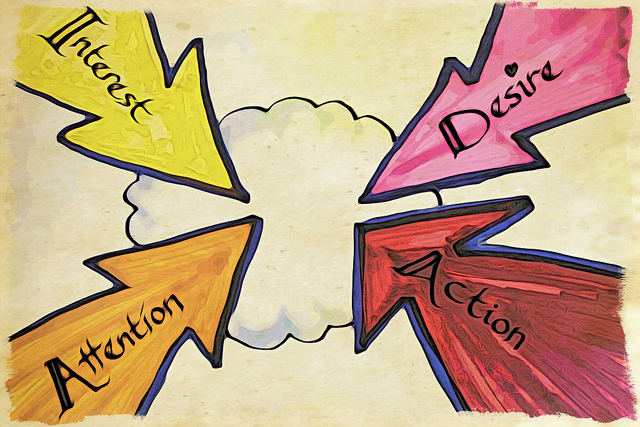
Taking Baby Steps Toward Your Writing Goals
As babies, we first learned to crawl. Then as we grew bigger, we took our first step and stumbled through until we could maintain our balance and footing. It wasn't long before we were walking without stumbling and beginning to run like little banshees!
Much that we do in life must be handled in a similar way, especially writing goals. Often, we start out thinking we can accomplish a lot, only to be let down and discouraged when it gets hard.
When you're learning to overcome something challenging, you need to take baby steps. One little thing at a time until you feel confident that you can move forward and break through your barriers and limitations. When you break through your barriers and limitations, you have a greater sense of accomplishment because you see that you can advance down your road to the success you want.
But before you get to that point, taking baby steps will help you get there.
If you feel up to a challenge, by all means, set some challenging writing goals for yourself! If not, here are two easy plans to help you achieve your writing goals with baby steps.
The Word Count Goal Plan
Set a specific and easy word count goal, like 200 to 300 words, for you to reach each day. If you keep this up, eventually you'll have a complete first draft.
Once you have mastered your word count task, step it up. Double it and strive to write more and more. Do this every day for maximum effect.
The Time Goal Plan
Another way to get your regular writing session in is to set a specific amount of time to write every day. Starting with baby steps, set aside 30 uninterrupted minutes every day to write. Once you've determined that that is easy enough for you to do, step it up. Give yourself one hour every day, or make it more challenging with two hours.
Before you decide on a time amount, however, set a goal that you know you can handle. Don't set too high a time frame that you find yourself getting antsy halfway through. If you don't have anything to write, start some freestyle or word clustering to whip up some ideas. Sometimes, I write out a question, such as "What else should I write about?" This helps get the creative juices flowing again once I feel I've finished my first topic or scene. Have several ideas or topics in mind before you start so you can make the most use of your writing time.
Remember, if you're blogging, you don't have to publish all of your blog articles right away. It's a good housekeeping idea to save some for your off days.
When you do your writing session, work on your writing. You might get tempted to start the layout process for your writing project as soon as you complete it, but when you're in your writing session, you need to focus on writing. If you finish your writing "assignment" before the time is up, write something else. Just write. Don't do anything else, don't pat yourself on the back yet before your time is up, don't give in saying you had a good, productive session. Don't go for that snack you've been thinking about since an hour before you started. Keep writing. Keep your butt in the chair and keep writing until the time is up.
When you write, just make sure you are writing usable material every day. The words don't have to be perfect–you're writing your first draft anyway–but strive to write some real, usable words during your session.
If you find your writing goal was too ambitious and you just can't sit through a writing session that long, break up your session. I suggest whole sessions because it's easier than getting 10 minutes here and 25 minutes there. Your transition time will be shorter and you'll have better focus. But if you simply cannot do more than a 30-minute session, break it up. Maybe 30 minutes in the morning and the remaining 30 in the afternoon.
And always allow time for editing and revising. Never assume your first draft will be your only draft. Great writing evolves with revisions and time.
- The Hidden Cost of Multitasking (and How to Reclaim Your Focus) - November 6, 2025
- What Romance Novels Teach Us About Trust and Desire - November 3, 2025
- 5 Tropes Readers Secretly (or Not So Secretly) Love - October 30, 2025
